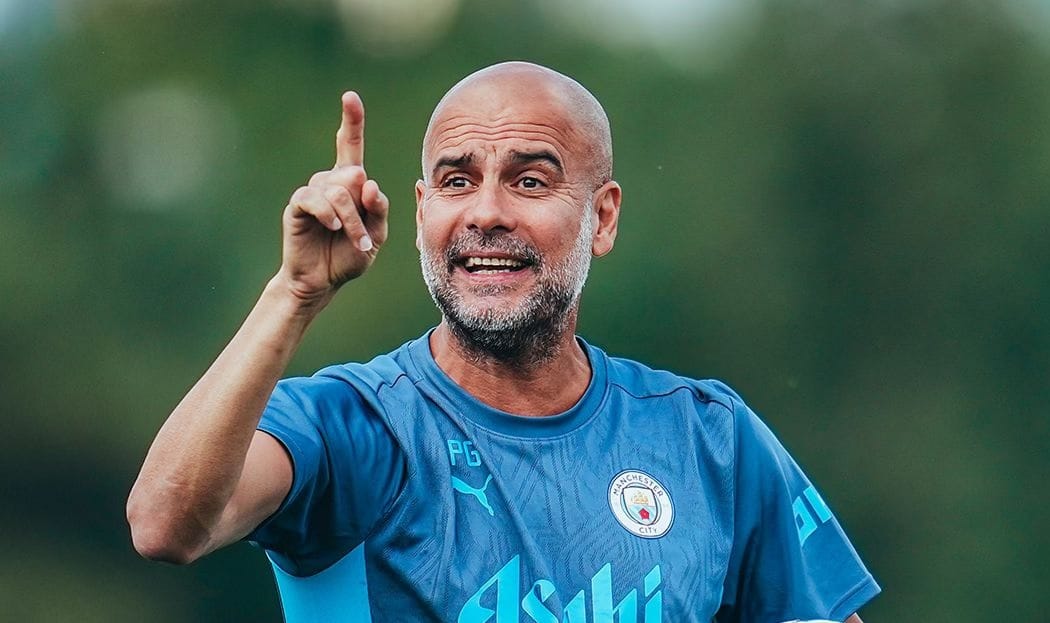As teams start embracing artificial intelligence, Chelsea and Burnley have agreements with aiScout, a phone app that hopes to have data from a million young football players by the end of this year.
Chelsea claims that this technology can “revolutionize” the way they find young players.
And every summer offers a simple audition for a second chance elsewhere for the hundreds of boys released by academies. Although some people are concerned that artificial intelligence may eventually threaten jobs, Chelsea has been the first to embrace it.
The Blues and Burnley have teamed up with aiScout, a mobile application that allows thousands of players to submit videos of themselves carrying out particular drills so that clubs can view them.
Up to twelve players can be sent on trial by either club each month through the app, and Manchester United just finished a partnership with a nearby university to use AI to analyze performance data.
The two biggest success stories on the platform thus far are Ben Greenwood of Bournemouth and Jez Davies, a full-back for Spurs who trained at Chelsea before signing a professional contract at Turf Moor.
Traditionally, not a single scout had noticed him. However, after seeing his profile, Chelsea invited him to join their academy for ten weeks. Word got out, and he made his Carabao Cup debut for the Cherries. The app is meant to assist clubs in making more informed decisions based on data, according to Richard Felton-Thomas, director of sports science at aiScout.
Although he calculates that a typical scout sees 2,000 players in a season, aiScout currently has almost 100,000 users in its database, and by the following year, they expect to have millions of users worldwide.
He claims that mobile phones are the most widely used technology in the world. “Young people are receiving them at an increasingly early age, and they spend 90% of the time with them glued to their faces. The thought was, “How can we use that to obtain objective, benchmarkable information that scouts can use?”
However, Felton-Thomas maintains that it is not a long-term threat to talent spotters’ jobs, but rather a tool to help them. It can direct them to a player in a position that has been overlooked in the past and offer tailored filters that enumerate all tall, quick center backs or all central midfielders with superior passing skills.
Felton-Thomas acknowledges that the eye test is still the most reliable indicator, saying that aiScout is only serving as a guide for users. “The clubs we interact with usually ask this question: what does it mean in terms of jobs and what will it look like in ten years?” says Felton-Thomas. However, some things—the intangibles—you can only see in person.
“How do athletes handle hardship? What is their behavior around teammates? How do they respond to scenarios in games? There are still certain nuances to be aware of.
The rate at which AI is expanding has been astounding; experts estimate that by the end of the decade, the sector will be valued several trillions worldwide. Like so many other areas, experts claim that we have only just begun to scratch the surface of football innovation.
Ben Greenwood, who gained a 10-week trial at Chelsea by uploading his data to aiScout, made his first-team debut for Bournemouth.
According to Felton-Thomas, it will soon be possible to tell athletes from other sports whether they possess the physical and technical attributes necessary to succeed in a different sport.
By comparing promising academy players to the first-team stars they most closely resemble, clubs may be able to make accurate predictions about a player once the back catalogue of data is sufficiently large.
He continues, “[Chelsea and Burnley] are a few years ahead of everyone.” However, clubs will have a vast database of both successful and unsuccessful players in five to seven years, which will enable them to make more accurate predictions.
Talent identification will give way to player development. Which path is a player currently on? Is he more akin to a League 2 player or the next Raheem Sterling?
“You can predict talent early on if you have sufficient data. These trajectories will change, quicken, or stop as you get more data. The real excitement comes from being able to forecast future events.



